Coronavirus explained for kids: How to talk to your children about coronavirus
Parents may be wondering how to answer those in a way which is both realistic and reassuring. Our expert, Dr Nauf AlBendar has some advice.
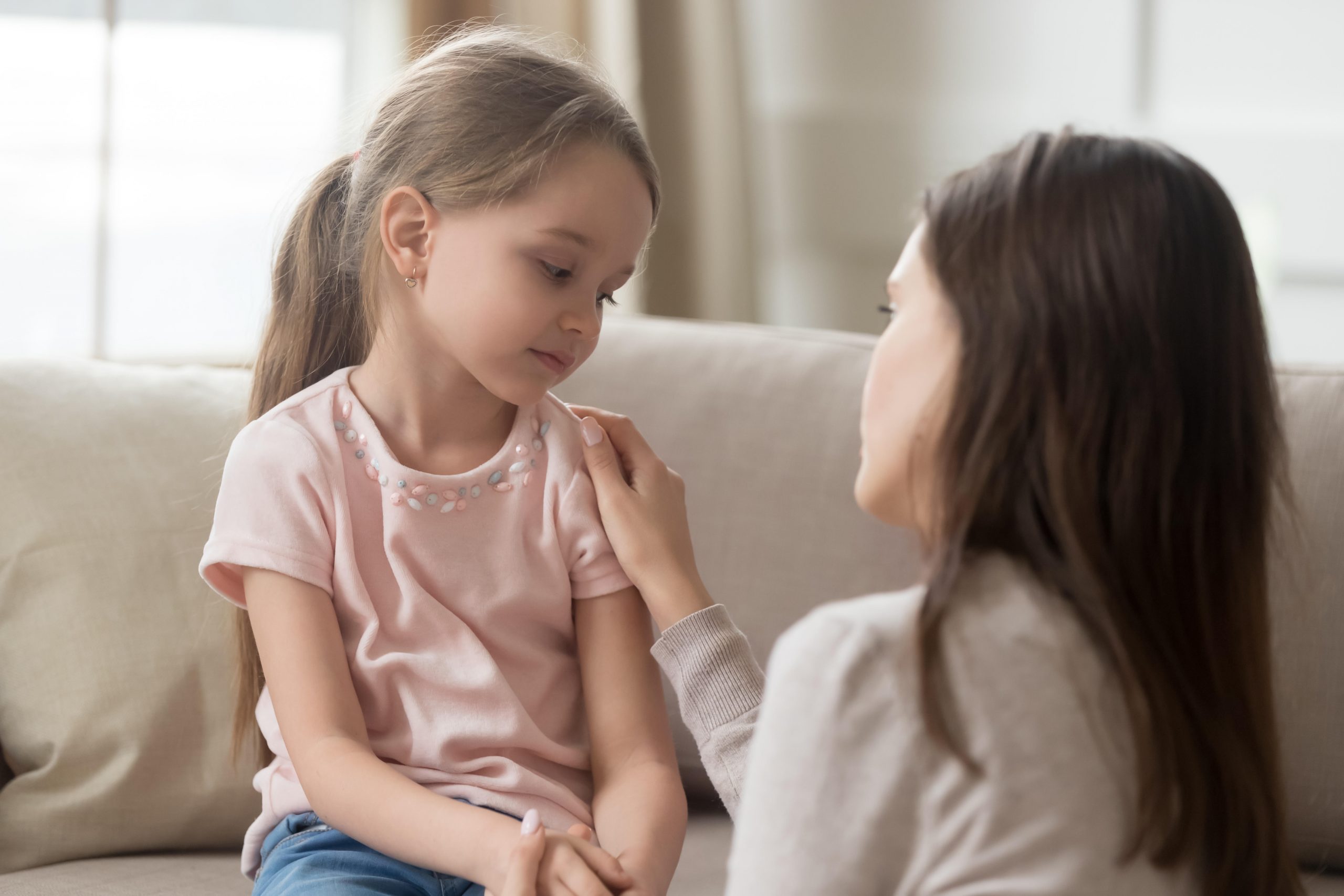

The news of coronavirus COVID-19 is unavoidable, it’s all over the news and the primary focus of everyone’s discussions, and now with schools being closed and children at home for the foreseeable future, it’s natural that they will have a lot of questions.
If you've been struggling with how to talk to your children about coronavirus, don't worry, we've got some great expert advice and an informative yet fun video on coronavirus explained for kids to help.
You may be wondering how to answer your child's questions about coronavirus in a way which is both realistic and reassuring. With some schools still closed and the new lockdown rules in place, kids are bound to have questions about everything from why they can't go to the park, or can't see their grandparents.
Our expert, Dr Nauf AlBendar, a medical scientist at the forefront of human health research, has some advice below to help you out. Plus, Playmobil have created a video on coronavirus explained for kids, which parents are loving. Using Playmobil to help explain in a way that children can understand, what is happening right now. It's a fun yet informative way to explain coronavirus to children. Watch the video below.
Coronavirus explained for kids
This comprehensive video from the brains behind toy brand Playmobil covers a lot of questions kids might have about Covid-19. As well as explaining what coronavirus is, the video also goes through why it's important for everyone to stay at home. Coronavirus explained for kids, in a way they can digest and understand:
https://www.youtube.com/watch?v=5DlOGKpMNs4&feature=youtu.be&fbclid=IwAR29EUiq42NqBM3fvJM7QnbuVJ9xeMHbbD3xE9HEiZidf7PFzPukbygYa7M
Dr AlBendar points out that while videos such as the one made by Playmobil can be helpful to have at hand, we should still try and be careful how much information we offer children. If they only have one of two concerns at this stage, about when they might be able to see friends for example or go outside, it's best to answer those directly for now.
GoodtoKnow Newsletter
Parenting advice, hot topics, best buys and family finance tips delivered straight to your inbox.
‘This can help too in trying to answer some of the children’s questions, but do not volunteer independently in giving too much information.’
MORE: Things to do with kids: 51 cheap activities to keep children entertained
How to talk to your children about coronavirus
Even with helpful aids like the video above, your children may still have questions, worries and fears at this uncertain time. Knowing how to answer your children's questions on coronavirus in a way which is factual and not scary can be tricky, but Dr AlBendar says it's important to remain calm and provide reassurance were possible:
‘Children can easily pick up their parent’s verbal and nonverbal cues and react accordingly. Therefore, it is important for parents to be honest and explain what is happening now in an age-appropriate manner. Calmly share simple factual information. Take time to talk and answer your child’s questions without causing alarm.’
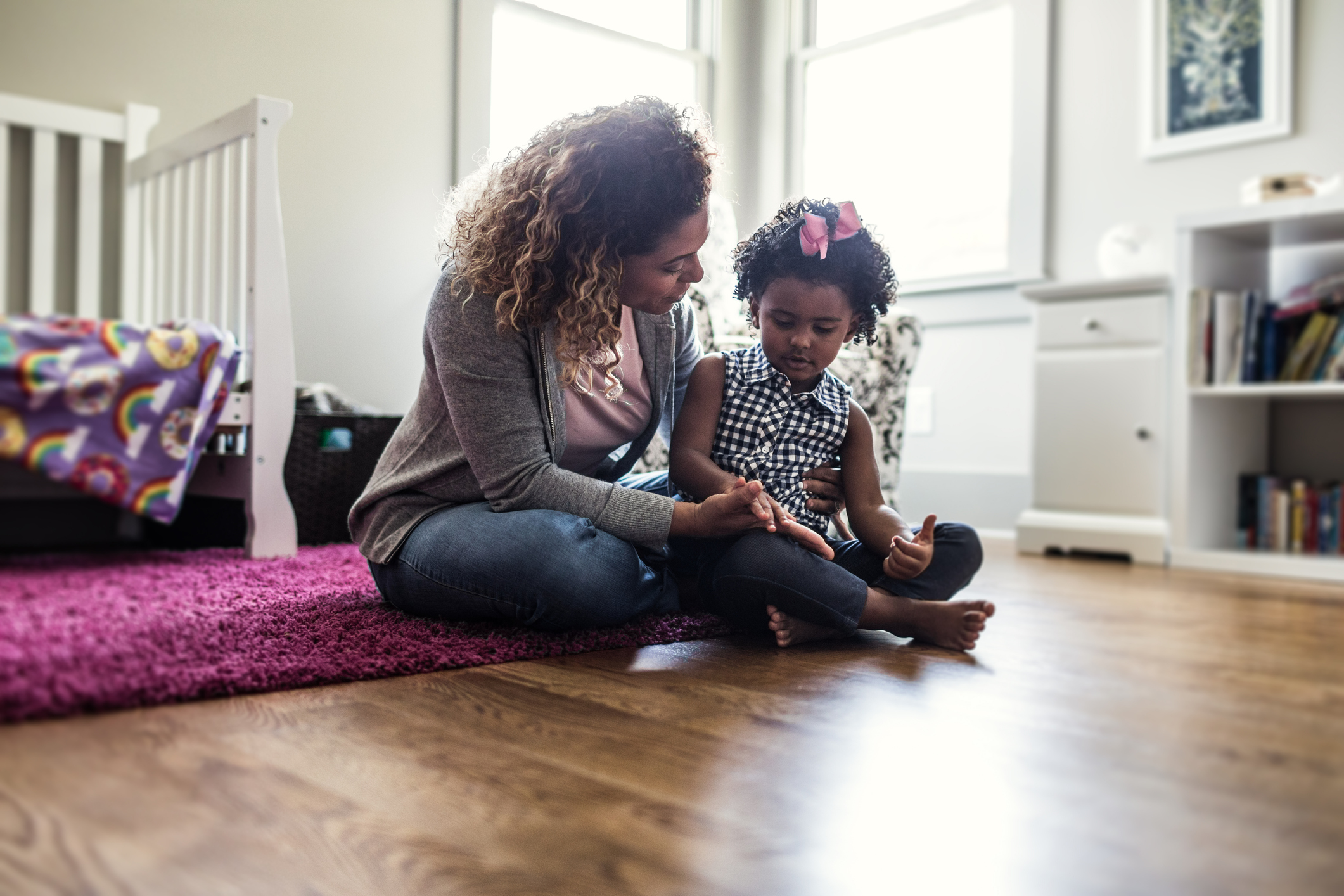
Save the Children, the world's leading expert organisation on childhood, suggest that parents should tailor their answers to children's questions: 'Tailor your approach based on your child. Think about whether more information makes them more or less anxious.'
Save the Children also suggest:
- Ask your child what they know, answer their questions and address any misinformation.
- Validate their feelings, while reassuring them – “I understand this can be scary. We’re taking steps to keep healthy, and we’re well prepared.”
- Remind them of what’s in their power – washing hands thoroughly and often, coughing and sneezing into their elbow, getting plenty of sleep, etc.
How do you reassure a child and make sure they feel safe?
Dr AlBendar explains that putting a focus on the positive steps you as a family are already taking to be safe could help to reassure your child and possibly help them feel more in control.
‘It is important to teach children preventative measures in terms of practicing good hygiene and simple steps recommended by governing bodies to prevent the spread of disease.'
‘If we focus on everything we are doing as a family to stay safe and keep our friends and loved ones safe, this could give the child a sense of control. It could also lessen their fears and concerns.'
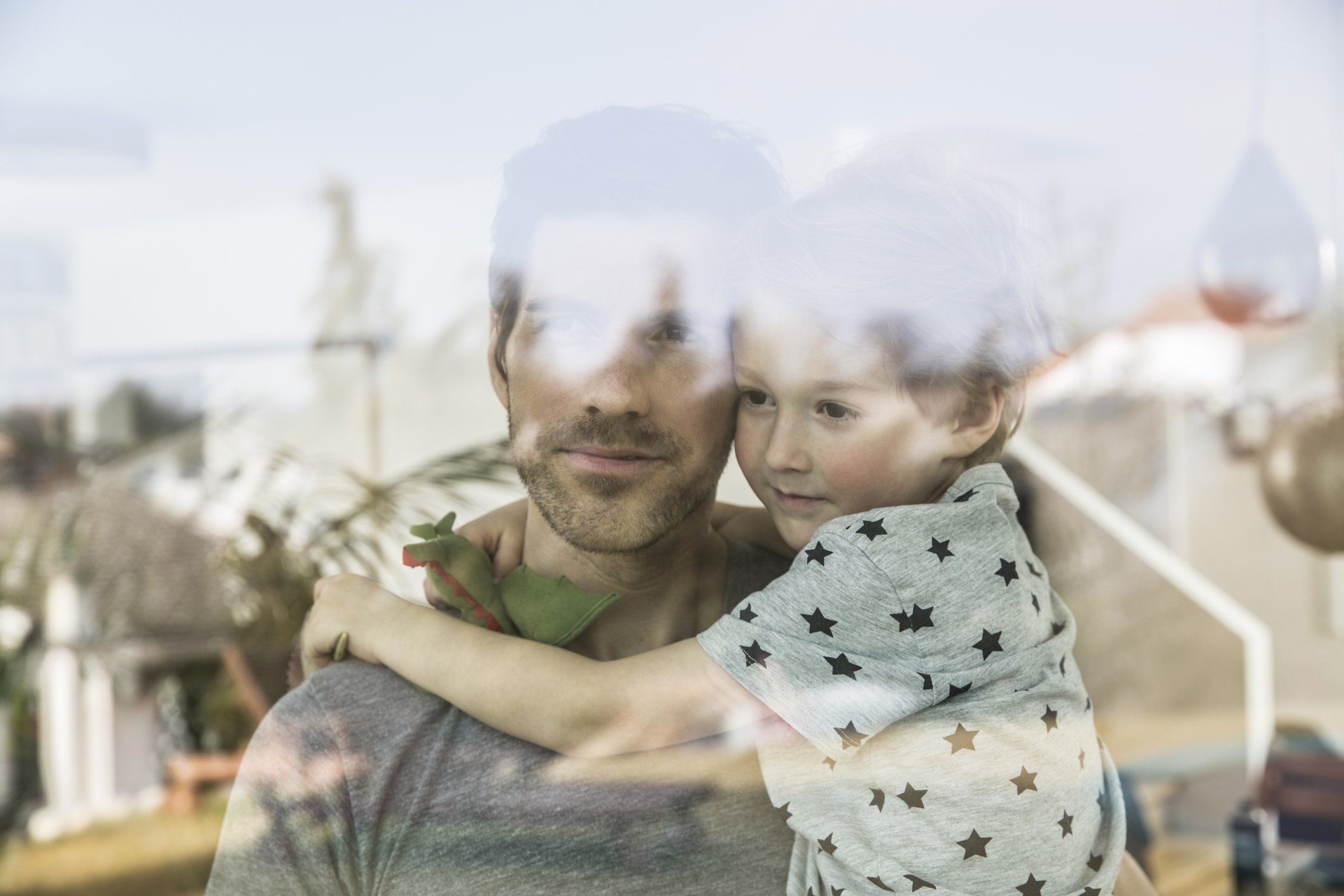
‘It is also useful to let their questions be a guide. Watch for clues in behaviour,’ Dr AlBendar added. ‘Some children may need extra attention and some may not openly talk about their feelings. Whatever the case, it is important for children to always know and feel that we are available.
‘That we are here for them, listening and making time for them in these uncertain times in their lives.’
‘It is also important to reassure children (if true) that they and their families are fine. We should limit, as much as possible, watching or listening to information on Covid-19 when children are present,’ says Dr AlBendar.
‘In addition, keeping a regular schedule, whenever possible, is key. Engage children in games or other extracurricular activities and promote their physical health. This, in addition to their schoolwork, will give them a sense of security and routine.’
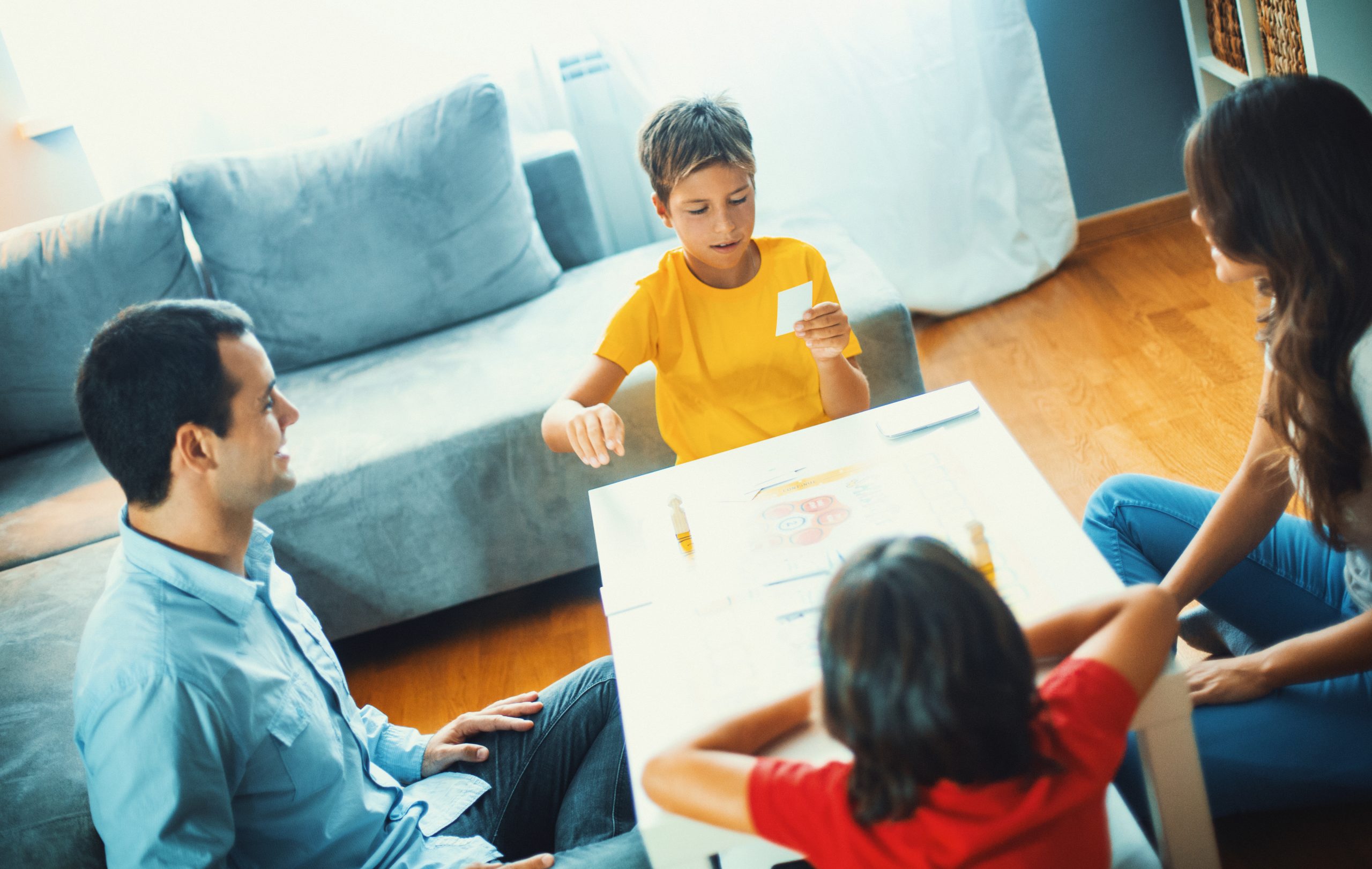
MORE: Fun science experiments for kids to try at home
Managing your anxiety as well as your child’s during the coronavirus outbreak
Mentalhealth.org say that: 'Infectious disease outbreaks, like the current Coronavirus (Covid-19), can be scary and can affect our mental health.' So, it's not surprising if you as a parent are also feeling anxious or worried during this time. You are not alone.
Talking to others about our concerns is a good way of easing anxiety. However, if you are feeling anxious, Dr AlBendar advises that this may not be a good moment to talk to your children about the virus.
‘It is important not to talk about the virus when feeling anxious,’ she says.
‘As mentioned before, children look up to us for guidance on how to react when facing unprecedented circumstances. If we are anxious or overly worried, our children’s anxiety may rise.’
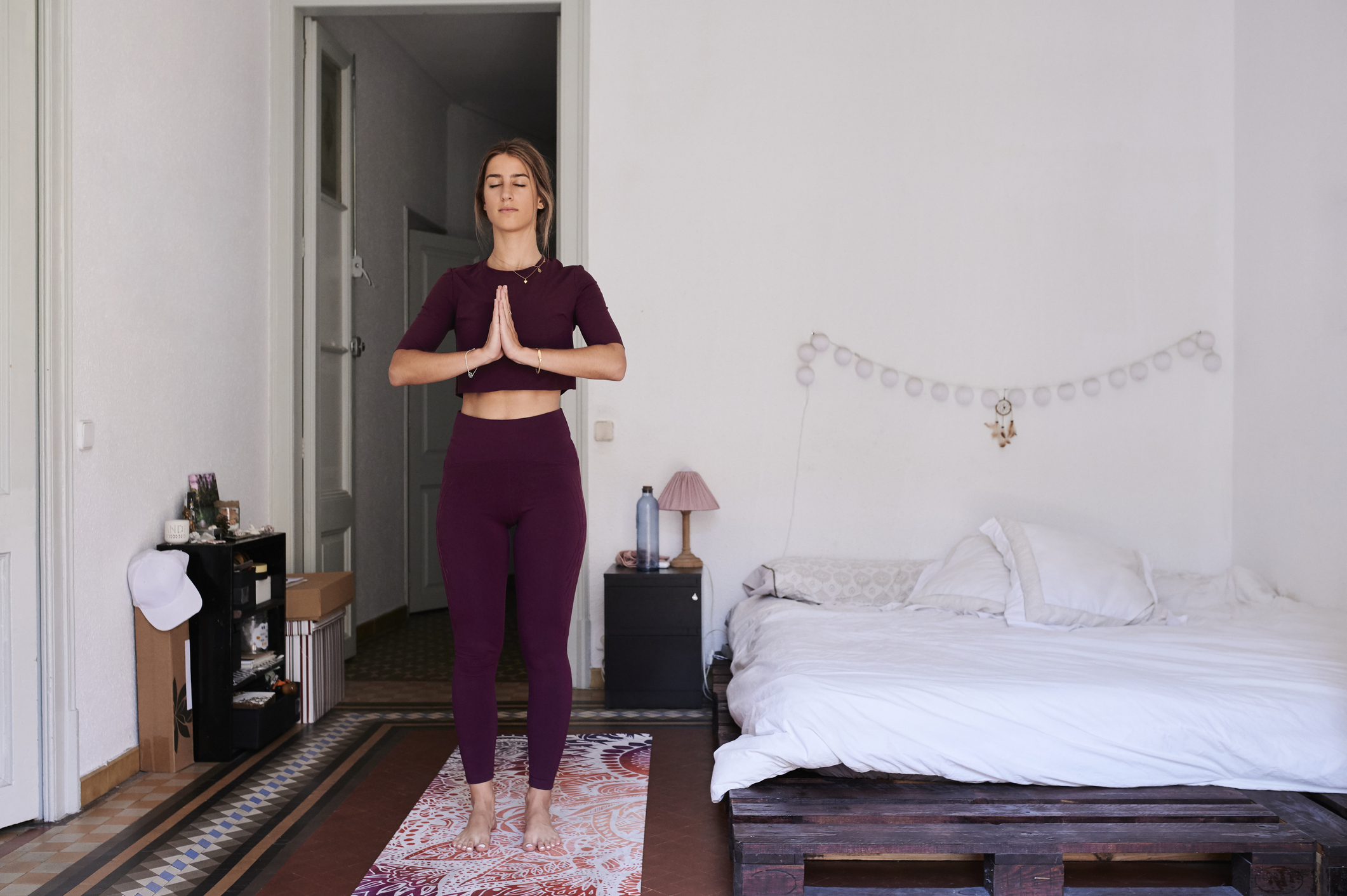
Dr AlBendar also says, ‘It is best to deal with our overwhelm first by taking some time to calm down before trying to have a conversation.’
‘Try mind-body interventions such as deep breathing exercises, sophrology, mediation, yoga and EFT,' she recommends.
'These have all been proven to be valuable tools when feeling anxious.’
Spending time together as a family, doing something fun at home such as a puzzle or a board game, can be a great way to take everyone's minds off the current situation, even if just for a little while, this could do everyone a bit of good.

An internationally published digital journalist and editor, Rachael has worked for both news and lifestyle websites in the UK and abroad. Rachael's published work covers a broad spectrum of topics and she has written about everything from the future of sustainable travel, to the impact of the coronavirus pandemic on the world we live in, to the psychology of colour.
-
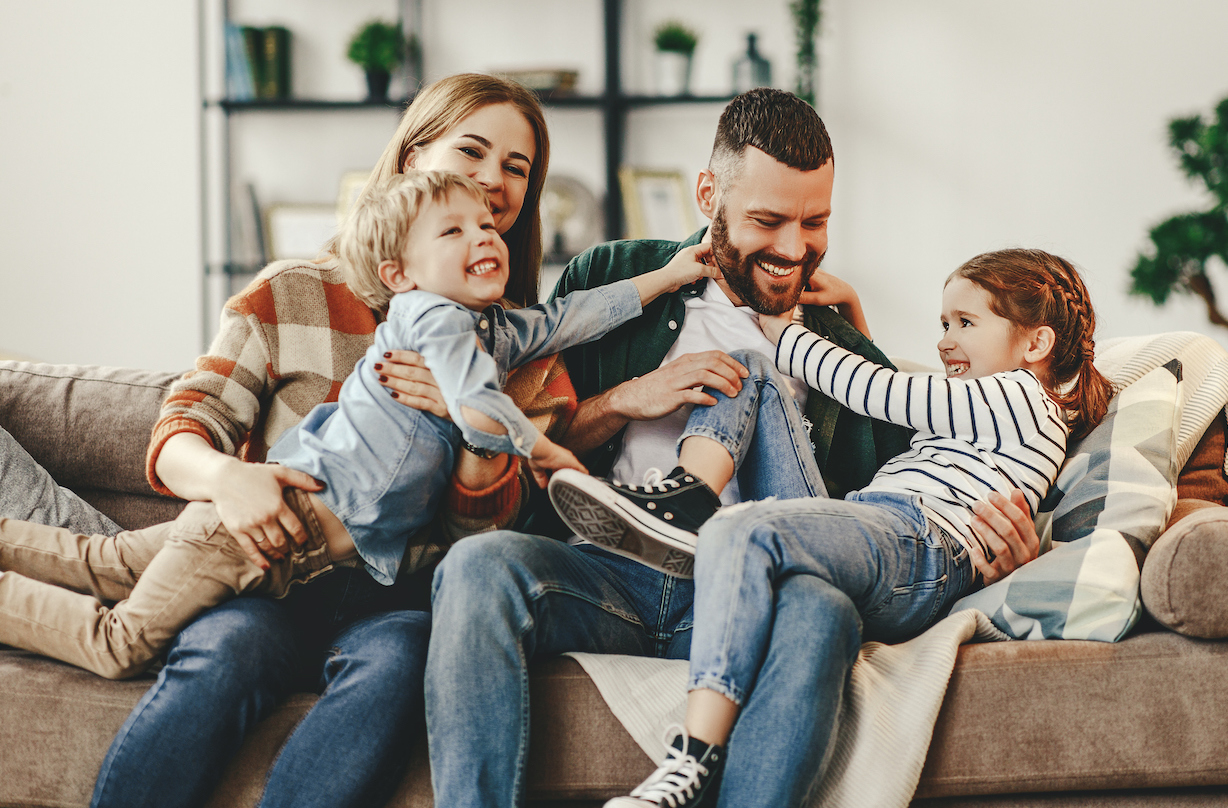 How to talk to kids about organ donation
How to talk to kids about organ donationBy Ali Horsfall
-
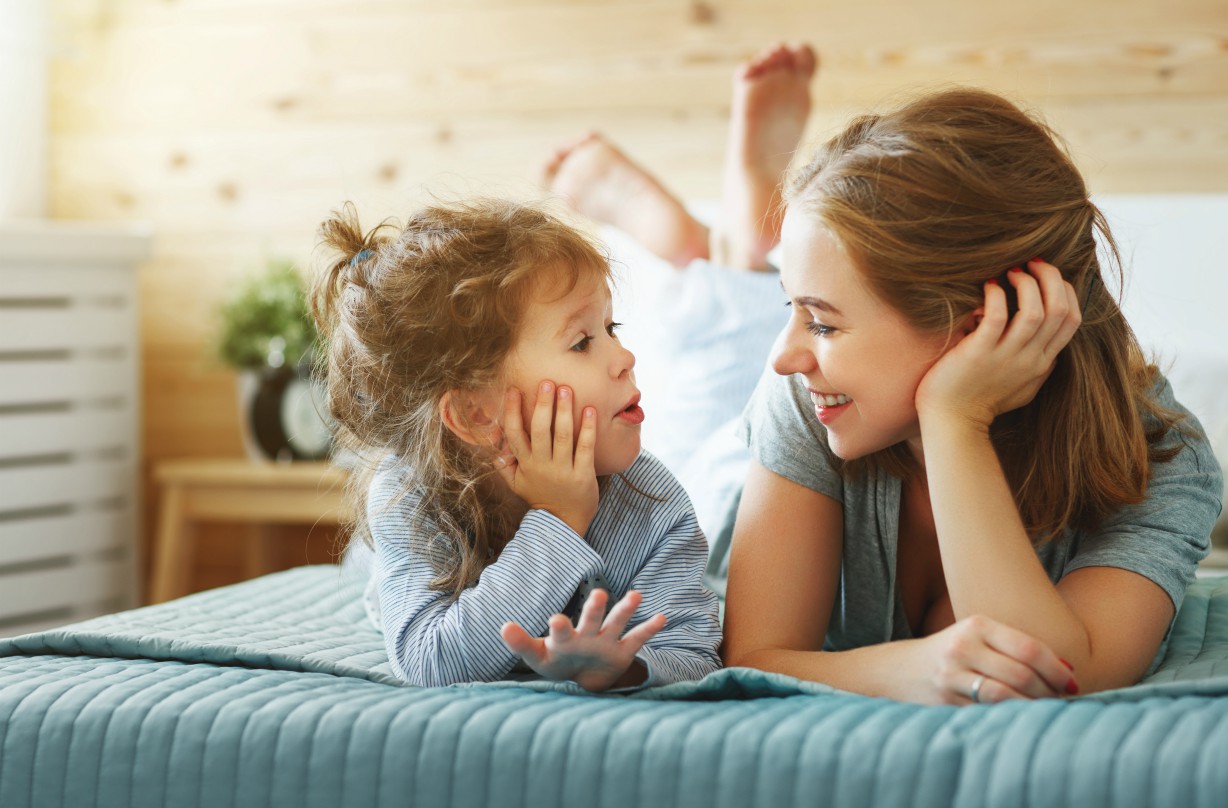 How to start a conversation about mental health with your children
How to start a conversation about mental health with your childrenBy Sibelle Mehmet
-
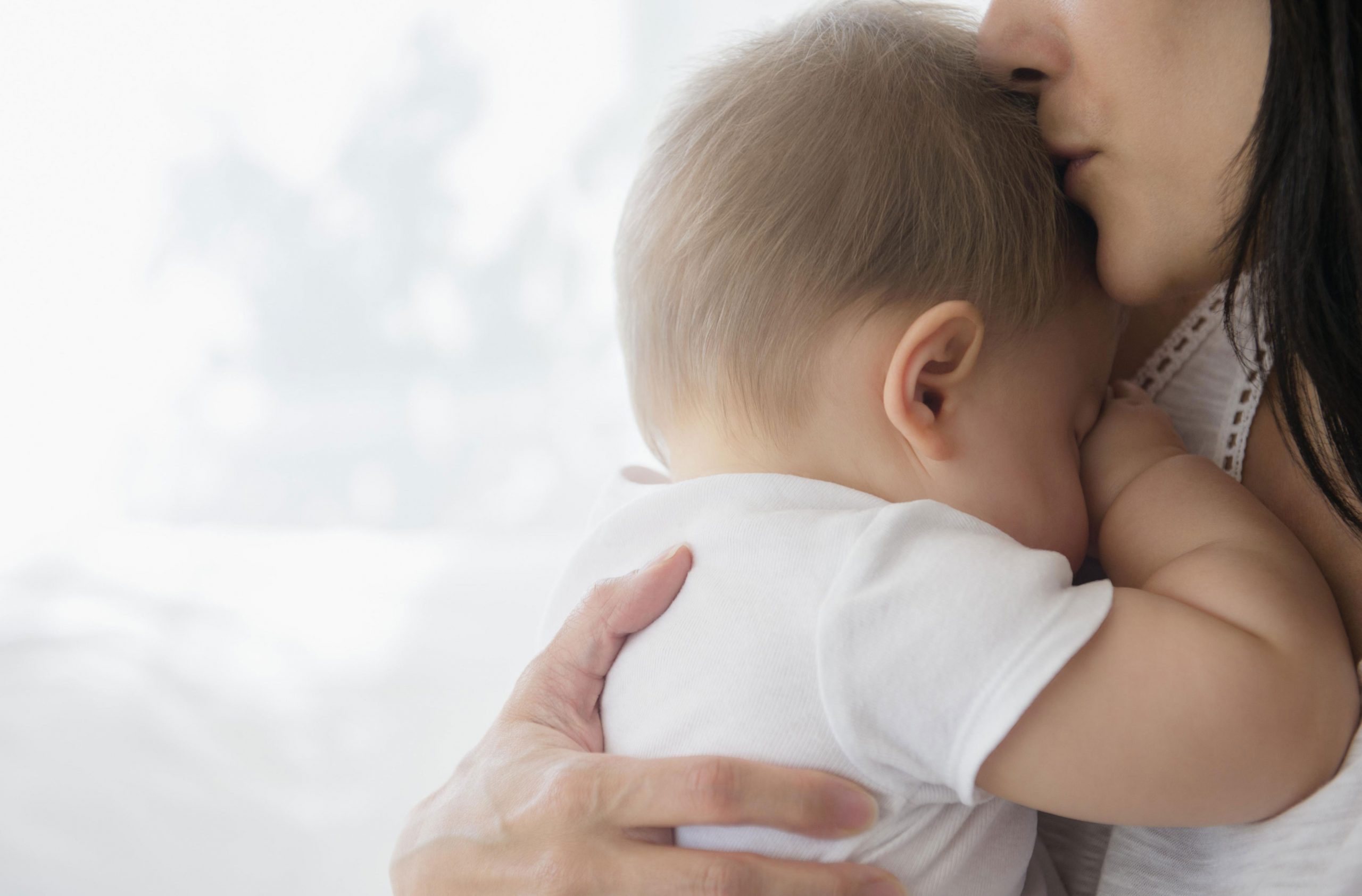 How to deal with separation anxiety in babies, toddlers and parents
How to deal with separation anxiety in babies, toddlers and parentsHow to deal with separation anxiety in babies and hope to cope if you're struggling as a parent.
By GoodtoKnow
-
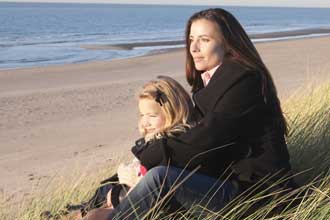 How to talk to your children about cancer
How to talk to your children about cancerThis week is Cancer Talk Week. Cancer isn't an easy topic to talk about with the people you love, but Macmillan Cancer Support can help
By Natalie Cornish